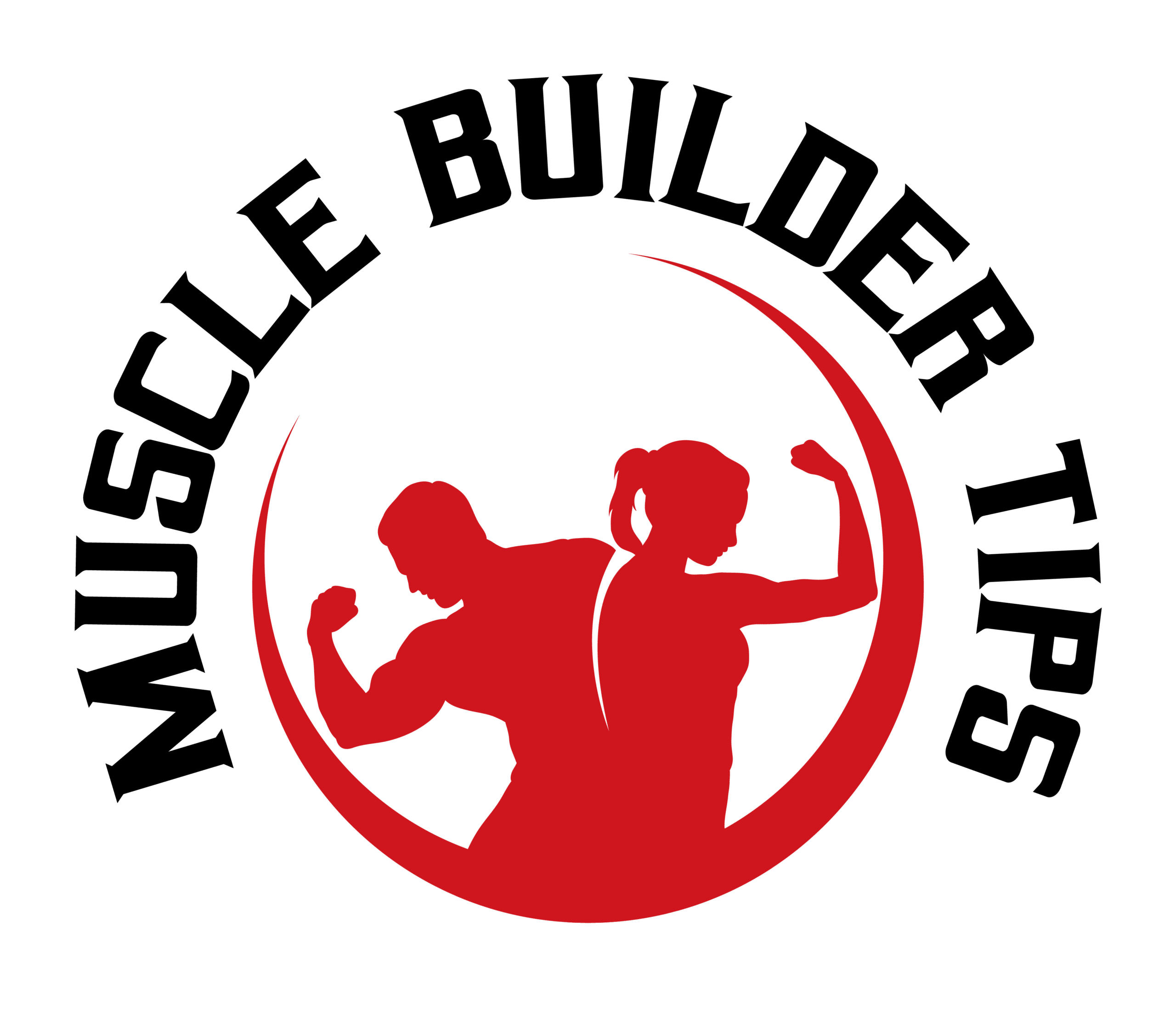
Whey protein is a high-quality protein derived from milk during the cheese-making process. It is a complete protein, meaning it contains all nine essential amino acids that your body cannot produce on its own. This makes it an excellent choice for those looking to enhance their protein intake, particularly athletes and fitness enthusiasts.
When you consume whey protein, it is quickly absorbed by your body, making it an ideal post-workout supplement. The rapid absorption helps to kickstart muscle recovery and growth, which is crucial after intense physical activity. In addition to its muscle-building properties, whey protein is also rich in branched-chain amino acids (BCAAs), particularly leucine, which plays a significant role in stimulating muscle protein synthesis.
This means that not only does whey protein help you meet your daily protein requirements, but it also actively supports your body in building and repairing muscle tissue. Furthermore, whey protein has been shown to have various health benefits beyond muscle growth, including immune system support and potential weight management benefits, making it a versatile addition to your diet.
Key Takeaways
- Whey protein is a complete protein derived from milk and is quickly absorbed by the body, making it ideal for post-workout recovery.
- Plant protein, such as pea or hemp protein, is a suitable alternative for those with dairy allergies or dietary restrictions, and it can still support muscle growth and repair.
- Whey protein provides essential amino acids that are crucial for building and repairing lean muscle mass, making it a popular choice for athletes and bodybuilders.
- Plant protein offers a wide range of nutrients and antioxidants that can support overall health and muscle recovery, making it a great option for those looking for a more holistic approach to fitness.
- Whey protein is quickly absorbed by the body, while plant protein may take longer to digest, making it important to consider individual needs and fitness goals when choosing the right protein for muscle growth.
Understanding Plant Protein
Plant protein, on the other hand, is derived from various plant sources such as legumes, grains, nuts, and seeds. Unlike whey protein, which is animal-based, plant protein offers a diverse range of options for those who prefer or require a vegetarian or vegan diet. While some plant proteins are considered incomplete—lacking one or more essential amino acids—many can be combined to create a complete amino acid profile.
For instance, pairing rice with beans provides all the essential amino acids your body needs. One of the significant advantages of plant protein is its additional nutritional benefits. Many plant-based protein sources are rich in fiber, vitamins, and minerals that contribute to overall health.
For example, legumes not only provide protein but also offer fiber that aids digestion and promotes satiety. Additionally, plant proteins are often lower in calories and saturated fats compared to their animal-based counterparts, making them an appealing option for those looking to maintain a healthy weight or reduce their cholesterol intake.
Benefits of Whey Protein for Lean Muscle
When it comes to building lean muscle mass, whey protein stands out as one of the most effective supplements available. Its high biological value means that your body can utilize it efficiently for muscle repair and growth. After a workout, your muscles are in a state of recovery and require protein to rebuild.
Consuming whey protein shortly after exercising can significantly enhance muscle recovery due to its rapid absorption rate. This quick delivery of amino acids to your muscles helps to reduce soreness and improve overall performance in subsequent workouts. Moreover, studies have shown that whey protein can help increase muscle mass when combined with resistance training.
The presence of leucine in whey protein is particularly beneficial as it activates the mTOR pathway, which is crucial for muscle protein synthesis. This means that not only does whey protein help you recover faster, but it also supports the growth of lean muscle tissue over time. If you are serious about your fitness goals and looking to maximize your results, incorporating whey protein into your post-workout routine can be a game-changer.
Benefits of Plant Protein for Lean Muscle
While whey protein is often touted for its muscle-building benefits, plant protein can also play a significant role in developing lean muscle mass. Many athletes and fitness enthusiasts are turning to plant-based proteins as they recognize that they can effectively support muscle growth when consumed in adequate amounts. Plant proteins such as pea, hemp, and brown rice are becoming increasingly popular due to their rich amino acid profiles and digestibility.
One of the key benefits of plant protein is its ability to promote muscle recovery without the potential digestive discomfort that some individuals experience with dairy-based proteins like whey. Additionally, plant proteins often come with added health benefits such as antioxidants and anti-inflammatory properties that can aid in recovery and overall well-being. By incorporating a variety of plant-based proteins into your diet, you can ensure that you are not only supporting muscle growth but also enhancing your overall health.
Differences in Absorption and Digestibility
When comparing whey protein and plant protein, one of the most notable differences lies in their absorption rates and digestibility. Whey protein is known for its rapid absorption; it can be digested and utilized by the body within 30 minutes to an hour after consumption. This quick action makes it an ideal choice for post-workout recovery when your muscles are primed for nutrient uptake.
In contrast, plant proteins generally have a slower absorption rate due to their complex structures and fiber content. While this slower digestion can be beneficial for sustained energy levels throughout the day, it may not provide the immediate post-workout benefits that whey protein offers. However, many individuals find that they tolerate plant proteins better than whey, especially those who are lactose intolerant or have dairy sensitivities.
Ultimately, the choice between these two types of protein may come down to personal preference and how your body responds to each.
Considerations for Dietary Restrictions
When choosing between whey and plant protein, dietary restrictions play a crucial role in your decision-making process. If you follow a vegan or vegetarian diet, plant protein is the clear choice as it aligns with your dietary principles. Additionally, individuals with lactose intolerance or dairy allergies may find that whey protein causes digestive discomfort or adverse reactions, making plant-based options more suitable.
On the other hand, if you do not have any dietary restrictions related to animal products or dairy, whey protein can be an excellent addition to your nutrition plan. It’s important to consider not only your dietary preferences but also any health conditions you may have when selecting a protein source. Consulting with a healthcare professional or nutritionist can help you make an informed decision that aligns with your health goals and lifestyle.
Comparing Amino Acid Profiles
Amino acid profiles are essential when evaluating the effectiveness of different protein sources for muscle building and overall health. Whey protein boasts a complete amino acid profile with high levels of BCAAs, particularly leucine, which is vital for muscle growth and repair. This makes whey an excellent choice for those looking to maximize their muscle-building potential.
Plant proteins vary widely in their amino acid profiles; some may lack certain essential amino acids when consumed alone. However, by combining different plant sources—such as legumes with grains—you can create a complete amino acid profile that meets your body’s needs. For example, quinoa is a complete protein on its own, while lentils paired with rice can provide all essential amino acids when consumed together.
Understanding these profiles allows you to make informed choices about how to best meet your protein needs through either whey or plant-based sources.
Choosing the Right Protein for Your Fitness Goals
Ultimately, choosing the right type of protein depends on your individual fitness goals and dietary preferences. If you are focused on building lean muscle mass and require quick recovery after workouts, whey protein may be the best option for you due to its rapid absorption and high BCAA content. It’s particularly effective for those engaged in intense training regimens who need immediate replenishment of nutrients.
Conversely, if you prioritize a plant-based diet or have dietary restrictions that prevent you from consuming dairy products, plant proteins can still effectively support your fitness goals when consumed in adequate amounts and combinations. By diversifying your sources of plant protein and ensuring you get a variety of amino acids throughout the day, you can achieve similar results in terms of muscle growth and recovery. In conclusion, both whey and plant proteins offer unique benefits that cater to different needs and preferences.
By understanding their differences in absorption rates, amino acid profiles, and overall health benefits, you can make an informed decision that aligns with your fitness goals and lifestyle choices. Whether you choose whey or plant-based options—or even a combination of both—ensuring adequate protein intake is essential for achieving optimal health and performance in your fitness journey.
If you are looking to build lean muscle, you may be considering whether to use whey or plant protein. A related article discussing muscle-building supplements for faster results can provide valuable insights into enhancing your muscle-building journey. You can read more about it here. Additionally, having a well-structured lean muscle gain diet plan is crucial for achieving your fitness goals. Check out this informative article on a lean muscle gain diet plan in PDF format here. Lastly, for inspiration and motivation, reading success stories and testimonials of females building muscle can be incredibly empowering. Learn more about these inspiring stories here.
FAQs
What is whey protein?
Whey protein is a high-quality protein derived from milk during the cheese-making process. It is a complete protein, meaning it contains all nine essential amino acids that the body cannot produce on its own.
What is plant protein?
Plant protein is derived from sources such as peas, rice, hemp, and soy. It is also a complete protein, as long as it is combined with a variety of plant-based sources to ensure all essential amino acids are consumed.
Which is better for lean muscle: whey or plant protein?
Both whey and plant protein can be effective for building lean muscle. The choice between the two depends on individual dietary preferences, allergies, and ethical considerations.
Is whey protein better for muscle building than plant protein?
Whey protein has been shown to be slightly more effective at stimulating muscle protein synthesis compared to plant protein. However, both can be effective for building lean muscle when consumed as part of a balanced diet and combined with regular exercise.
Are there any differences in the nutritional content of whey and plant protein?
Whey protein is higher in leucine, an amino acid that plays a key role in muscle protein synthesis. Plant protein, on the other hand, may contain more fiber and certain micronutrients depending on the source.
Can plant protein be as effective as whey protein for muscle recovery?
Yes, plant protein can be just as effective as whey protein for muscle recovery when consumed in adequate amounts and combined with a balanced diet. It is important to ensure that plant protein sources provide all essential amino acids.
Are there any potential allergens in whey or plant protein?
Whey protein may not be suitable for individuals with lactose intolerance or dairy allergies. Plant protein sources such as soy or nuts may also be allergens for some individuals. It is important to read labels and consult with a healthcare professional if there are concerns about allergens.
